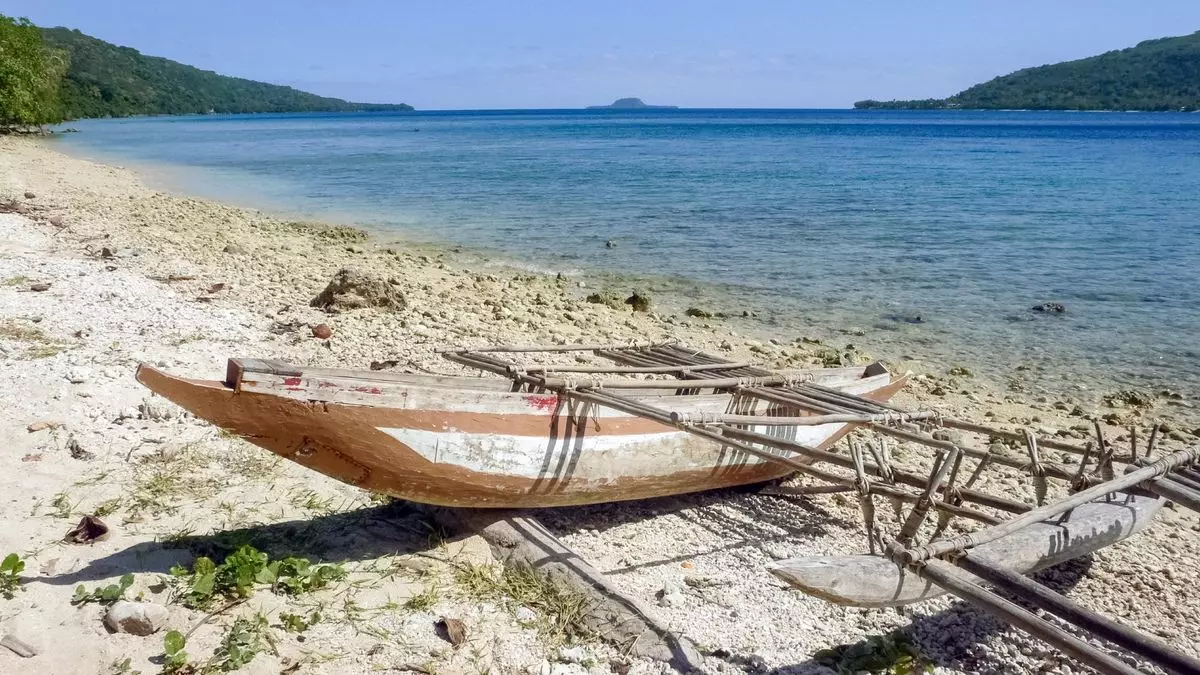Royal Caribbean Group is expanding its footprint in the cruise industry with exciting developments in the South Pacific, specifically the construction of a Royal Beach Club in the picturesque archipelago of Vanuatu. During a recent Q3 earnings call, CEO Jason Liberty hinted at this initiative, reaffirming the company’s commitment to creating unique vacation destinations. This move comes after Royal Caribbean initially announced plans in 2019 to develop a Perfect Day location on Lelepa, one of Vanuatu’s islands, but it seems the dream has evolved into a broader vision of beach club experiences rather than sticking rigidly to the Perfect Day concept.
The shift away from a Perfect Day destination raises intriguing questions regarding the type of experiences the new Royal Beach Club might offer. Liberty did not provide specific details or a timeline, leaving room for speculation among stakeholders and cruise enthusiasts alike. Vanuatu, situated approximately 1,000 miles east of Australia, is renowned for its stunning natural beauty, and the addition of a Royal Beach Club could potentially enhance the tourism landscape in the region while offering travelers a blend of relaxation and adventure.
The Rationale Behind Expansion
In the context of growing competition in the cruise sector, Royal Caribbean’s strategy of establishing beach clubs not only boosts its portfolio of destinations but also serves as a means of enhancing shareholder value. Liberty emphasized that these developments act as “value drivers,” which implies that they could significantly impact the company’s profitability and market reach. The recent announcement of a Royal Beach Club in Cozumel and another in Nassau underscores this vision, reinforcing the notion that Royal Caribbean is determined to strengthen its presence in popular cruise destinations.
Moreover, the acquisition of the Costa Maya port for $292 million signals a significant investment aimed at solidifying Royal Caribbean’s foothold in the Mexican market. Perfect Day Mexico is projected for completion in 2027, and it underscores the company’s long-term commitment to enhancing its offerings in the Caribbean and Gulf Coast regions. Texas, in particular, represents a market with a burgeoning interest in cruising, which is only expected to grow as more developments take place.
The Future of Cruising
The announcement of these new ventures coincides with broader trends in the cruising industry, where experiential travel continues to rise in popularity. By focusing on unique destination experiences such as the Royal Beach Clubs, Royal Caribbean is positioning itself to meet the demands of modern travelers. The evolving landscape of cruise travel points towards greater customization and an infusion of local culture and adventure activities, elements that have become more valued in the tourism space.
As Royal Caribbean Group forges ahead with its ambitious plans, industry observers will be keenly watching how these initiatives influence its operational strategies and overall market presence. While specifics regarding the Vanuatu project remain scant, the potential for both social and economic benefits is palpable. With the commitment to this emerging destination, Royal Caribbean is not just investing in its future, but also contributing to the tourism ecosystem in the South Pacific. As such, the cruise line’s strategic maneuvers may define the next chapter in cruise tourism, blending leisure and adventure in ways that resonate with an ever-demanding clientele.


Leave a Reply